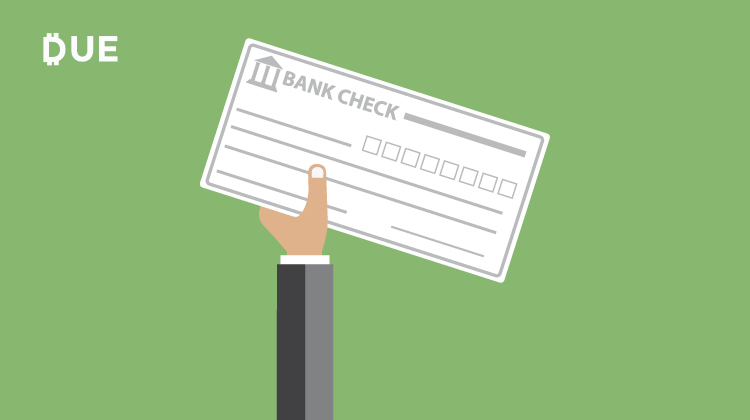If you run a business where you are the sole employee, you still have to treat your business finances like a business. That means keeping good financial records and tracking payments you make to yourself from the business. Whether you use a payroll service or enter an online transfer from your business bank account to your personal account, it is important to do the right bookkeeping entries when paying yourself to ensure you have accurate small business accounting records. Follow along to learn more about paying yourself and small business accounting.
Table of Contents
ToggleHow paying yourself works with small business accounting
When you run a small business, you have a few options on how to pay yourself. Here are some of the most common ways of paying yourself in a small business, and how to account for those types of payments:
- Paychecks – If you pay yourself a regular paycheck like I do, you need a way to do it. I use a 3rd party payroll service that handles all of my withholdings and tax payments, which each hit my business bank account as their own individual item each week. I then categorize each of the related costs (paycheck, withholdings) into the appropriate expense categories on my general ledger.
- Member draw/dividends – For payments you make to yourself directly outside of a regular payroll cycle, you still have to categorize the transfer but don’t want to list it as an expense. After all, profits you take are the opposite of an expense. In this case, you should use a dedicated member draw or dividend category. This is a balance sheet account, not a P&L account, so this type of payment has no impact on your business taxes or profit statements.
- Reimbursements – While it doesn’t help you make money, you should carefully track reimbursements in addition to your paychecks and member draws. Reimbursements should line up with specific expenses and get assigned to the appropriate general ledger account for the expense.
To summarize: if it is a paycheck or a reimbursement, it is an expense on your small business accounting records. Direct payments to owners from business profits don’t count as an expense. They show up somewhere else on your books.
Keep business and personal finances separated
None of this works if you don’t keep your personal and business finances separate. Keeping accurate, updated records is an important responsibility of any small business owner. Even if you are just a solo side hustler with an LLC, you should keep dedicated business bank accounts outside of your personal accounts.
Keeping accounts apart helps with taxes, legal protection in some cases, and makes bookkeeping and record keeping a lot easier. For example, if you enter expenses at the end of each month, filing business taxes could be as simple as printing a form and copying that information into your tax return.
With outdated records, you might miss important expenses and write-offs that can lower your tax bill. That means more money you get to keep in your pocket or reinvest in your business.
Get the best tax treatment in your pass-through business
The 2018 tax law offers improved tax deductions for pass-through entities. Depending on how you structured your business, you could get a 20% savings on profits you earn from your small business. But if you don’t have good records, you don’t know how much you’ll save!
If you operate as a sole proprietor, limited liability company, partnership, S-Corp, or limited liability partnership, you may be able to take advantage of this huge tax savings.
Paying attention to the little details in your business operations gives you bigger savings than ever before. Make sure to accurately note every dollar that goes in and out of your business bank account to get the best results. You have to file accurate taxes by law, so you have even more motivation to keep good records.
Pay yourself the right way
If you opt to organize your business as an S-Corp or LLC taxed as an S-Corp, you may be able to save yourself a bundle in taxes. It all depends on how your business works, how much you earn, and how you want to pay yourself. If you handle paying yourself and your business organization the right way, it can save you a lot of time and money running your business.














